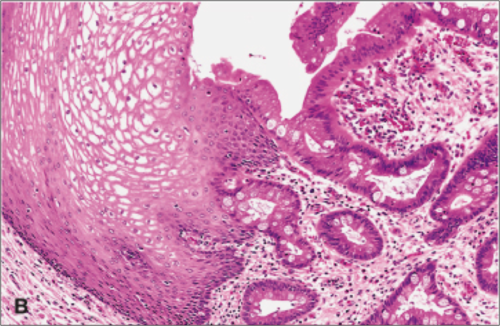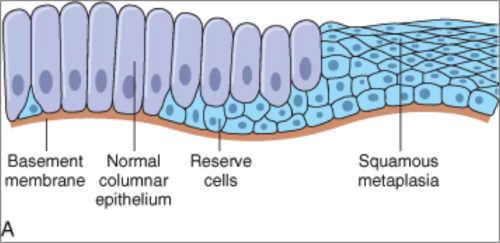Salam everyone. It looks like this blog is almost doomed and was left unattended for so long because I was just too occupied with my main one. Here supposed to be something more informative, something seems more important than what I want to deliver in the main blog.
As you all can see, I am now a medical student. Haven't barely finish my first year, and still struggling through it. What I can say is that medicine is super duper hard and super duper hard work and persistence as well as perseverance are what we all need to achieve the best.
I have now a proposal, an idea on how the teaching method of USM should have been improvised. Not that I want to condemn the present way of the lecturers and the school itself, but I just think that for the benefits of all we must have this done.
So, straight to the point shall we?
The lecturer
The lecturers are brilliant and dedicated. They could just bare with you and make you understand, so just ask and ask till you really get the grip. The problem is that, they are too old fashioned. They don't do jokes that much and ask us to not laugh or even a slight talk among our peers who sit beside us is forbidden. Talking in lecture is rude according to the lecture, even though the talk is about the lecture. Automatically, when a student see something on the lecture slides and he or she cannot understand it, he or she will definitely discuss the thing personally with the his or her peers sitting on the next bench. This is not allowed in India, and rude. You don't understand something, ASK THE LECTURER. Plus, to laugh over something that you feel it's funny is also something that is so taboo to Indian education system. So, all we did was sit straight, no laugh, no discussing and be serious. Trust me: Serious learning is not the way. When it is vital to get most of the facts during the lecture as long term memory, laughing is what we need, discussing helps to clear the mess and FUN LEARNING should be implemented.
The Small Group Discussion
Here, we are divided according the first Alphabet of our names. So each group has 12 members. We are called out by NUMBERS and not names. Mine is number 8. So my group basically consists of the student from role no 1 to role no 8. That's how the thing works. Basically, our SGD is 2 times per block. Sometimes, it is all about physiology and sometimes it is all about biochemistry and sometimes both. For first year, we only have anatomy, biochem and physiology.
Small Group Discussion is actually questions that we need to answer which are given prior 2 or 3 days before. However, it is such a drench to finish all the questions in 2-3 days. Sometimes there are more than 20 questions. We do divide the questions among us, but it is not a very good idea since during the discussion we supposed to know, is to have the very best explanation towards EVERY EACH questions. Some of the group members are not very committed to this discussion session, and thus causing us to have problem in getting all the things together. Plus, the discussion group only ends here and nowhere else. This is so bad. Because the group should persist and work as a team in most of the case. For example: during study week, during the weekends, it has to work. I remember when I was in Pre Med at UiTM, we had the similar thing. But we are more bonded compared to us here. I am so sad that the group is not as a real group, but just merely a group when the lecturer said so. This is so wrong. I just hope that students here could just do more the work as in A TEAM and not doing things proudly on their own. Sigh.
The question should also be given to us one week at least for us to work out for it. Sometimes, it is in the mere end of the week where we have to also revise for the endblock that this question appears and we have to struggle the brain more. It is always a struggle. Not to mention, with frequent night meetings that we have to attend, which sometimes aren't that important, but needed us to show the face. So ridiculous.
For end blocks
End blocks are merely test they give us in order to test our knowledge for the block we have learnt. I would tell you that end block gives us frustration when after the end block ends, only then will the lecturers tell us why our answers aren't accepted. Sometimes, it's because of the drawing. Histological drawing by H & E pencils during the test. How we were supposed to know to use the H&E pencils if they didn't tell us earlier?? In addition, the lecturers should give us a proper guide on how to answer the essay since we sometimes do not know what really counts on certain topic. Everything seems so important BUT we need to really know what they wanna see in our answer sheets.
The MDL
MDL session is like a repeated lecture only for anatomy. It is very helpful but just that sometimes, the lecturer gives too much input compared to the real lectures during class and there's no output. I would suggest USMKLE to give questions at the end of the MDL of the topic being told. An interactive activity should be nice rather than sitting quietly and listen. We are young and we get bored easily!
So this is what my proposal would be. I know no one would see this, even the USM's behalf. But this is what I think should be done for a proper strategy to get the long termed memory.







